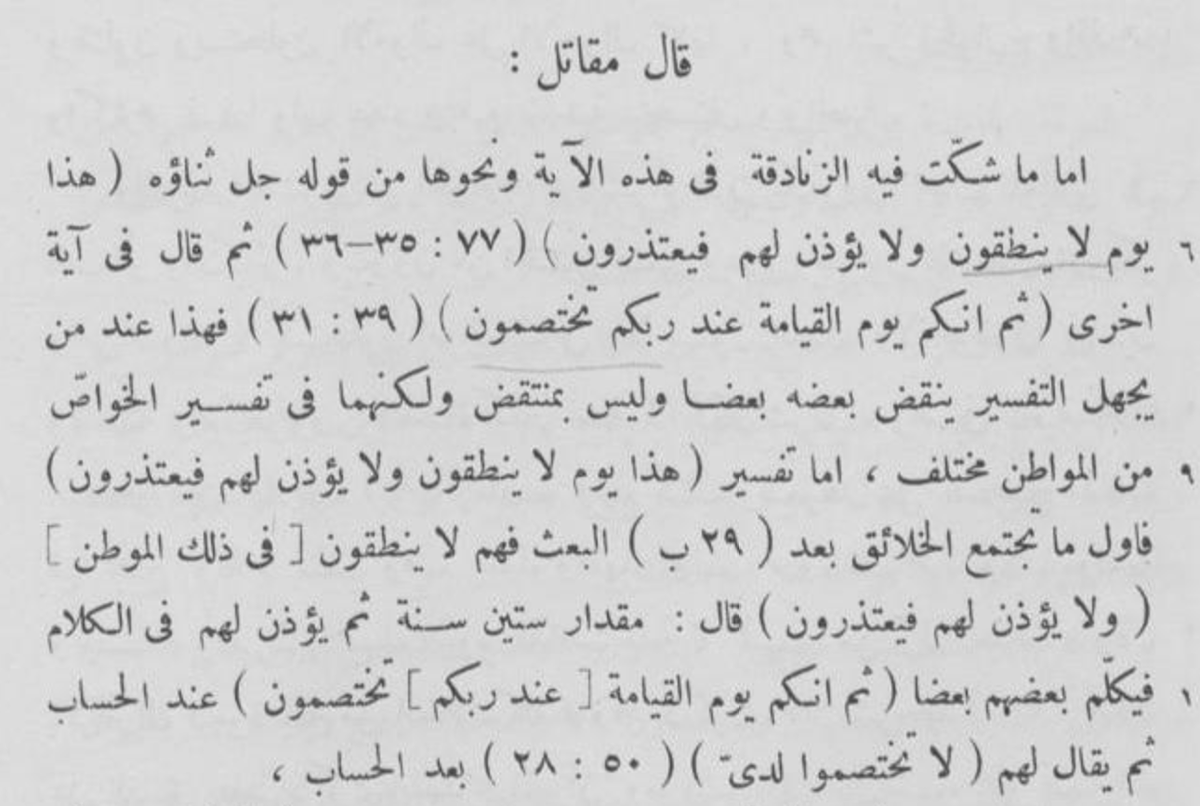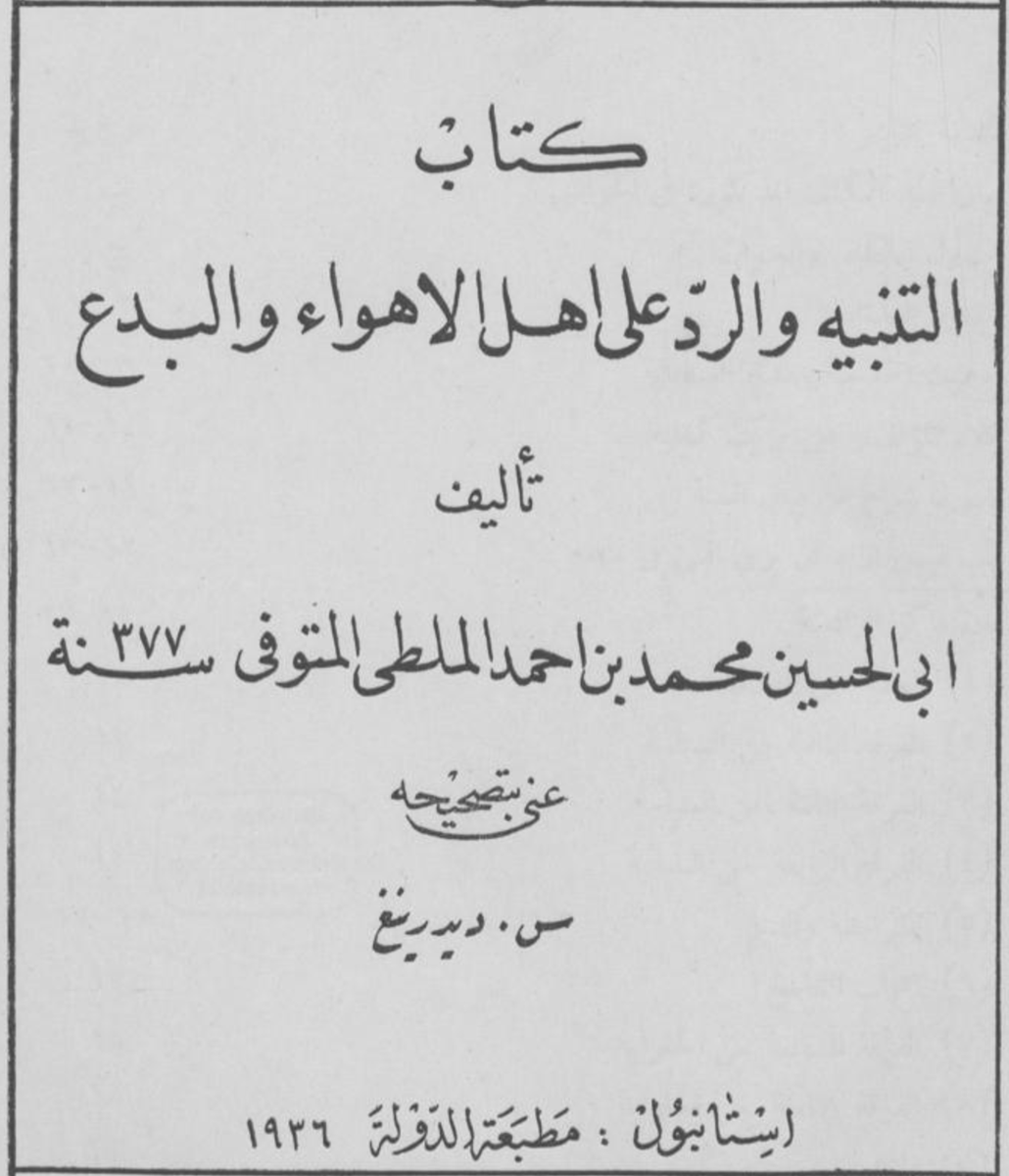
Sorry, but Muslim scholars did 𝒏𝒐𝒕 write about evolution, let alone natural selection, 1000 yrs before Darwin ...
"A Thousand Years Before Darwin, Islamic Scholars Were Writing About Natural Selection" vice.com/en/article/ep4… via @vice
"A Thousand Years Before Darwin, Islamic Scholars Were Writing About Natural Selection" vice.com/en/article/ep4… via @vice
@shayla__love 's well-meaning article seems to be premised on an equally well-meaning tweet of Prof. Higham, who takes his info from a dubious, albeit peer-reviewed, article published in a journal whose editors didn't know to whom to send it for review
https://twitter.com/nyuprimatology/status/1309162680134119424
Unfortunately, the Vice and the peer-reviewed articles contain numberous misconceptions that could have been avoided if an Arabist or medievalist were consulted. I’ll focus on three that seem to be persistent on Internet but that originate in the 19th cent (more on that later)...
#1. The 𝐾𝑖𝑡𝑎̄𝑏 𝑎𝑙-𝐻̣𝑎𝑦𝑎𝑤𝑎̄𝑛 (Eng. The Book of Living Things) of al-Jāḥiẓ is not a work zoology or biology. It is a literary bestiary. Jāḥiẓ is a Muʿtazilī theologian and an accomplished belletrist. He wrote his Ḥayawān a compendium of stories, anecdotes, ...
maxims, and poems that organized under the rubric of animals. In terms of genre and content, it resembles, for example, the 𝑃ℎ𝑦𝑠𝑖𝑜𝑙𝑜𝑔𝑢𝑠 and its medieval successors.
#2. The Arabo-Islamic scholars mentioned in these articles are heirs to Hellenistic tradition and ...
#2. The Arabo-Islamic scholars mentioned in these articles are heirs to Hellenistic tradition and ...
its views on nature, much like the medieval scholars of Latin Christendom and Byzantium. Ideas depicted as precursors to Darwin in these articles are, in fact, a part of the reception history of Aristotelian concepts like the “ladder of nature” and ...
the Neoplatonists' “Chain of Being”, which were popular among monotheists at least as early as Philo of Alexandria (fl. 1st cent. BCE). The views of Jāḥiẓ no more resemble Darwin than does, say, those of Thomas Aquinas.
...
...
#3. The peer-reviewed article contains many howlers that a competent Arabist would spot immediately. Most egregious is the discussion of 𝑚𝑎𝑠𝑘ℎ (المسخ), meaning “metamorphosis”. This idea has more to do with theology than biology...
In fact, it has a qurʾanic pedigree: the Qurʾan speaks of God punishing the wicked – especially Jewish violators of the Sabbath – by transforming them into baser creatures, such as apes and pigs. This has about as much to do with evolution as Kafka’s 𝑀𝑒𝑡𝑎𝑚𝑜𝑟𝑝ℎ𝑜𝑠𝑖𝑠... 


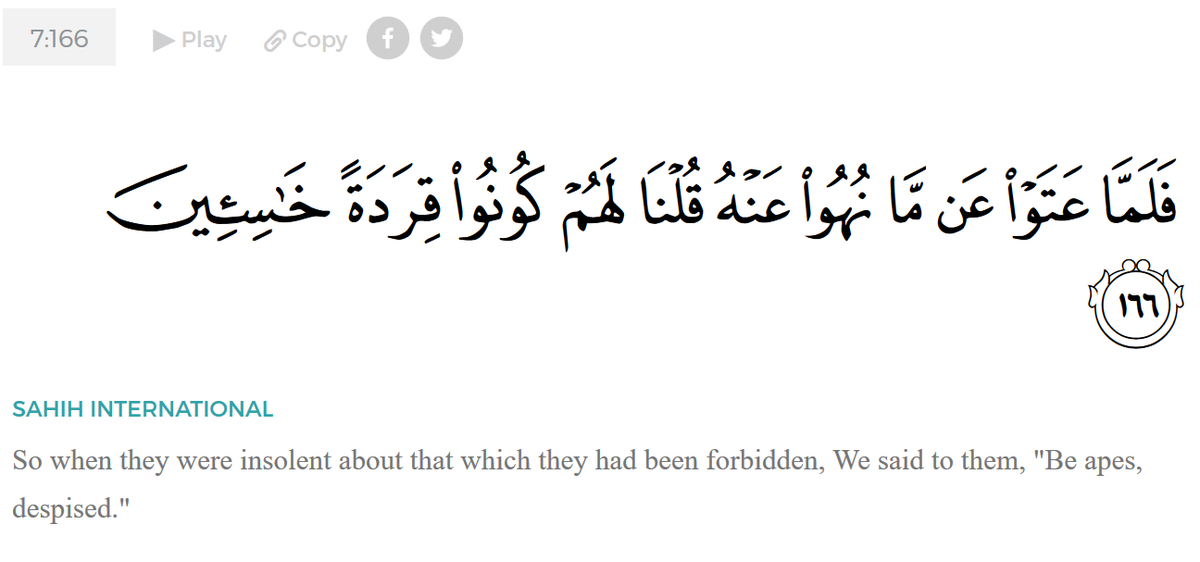
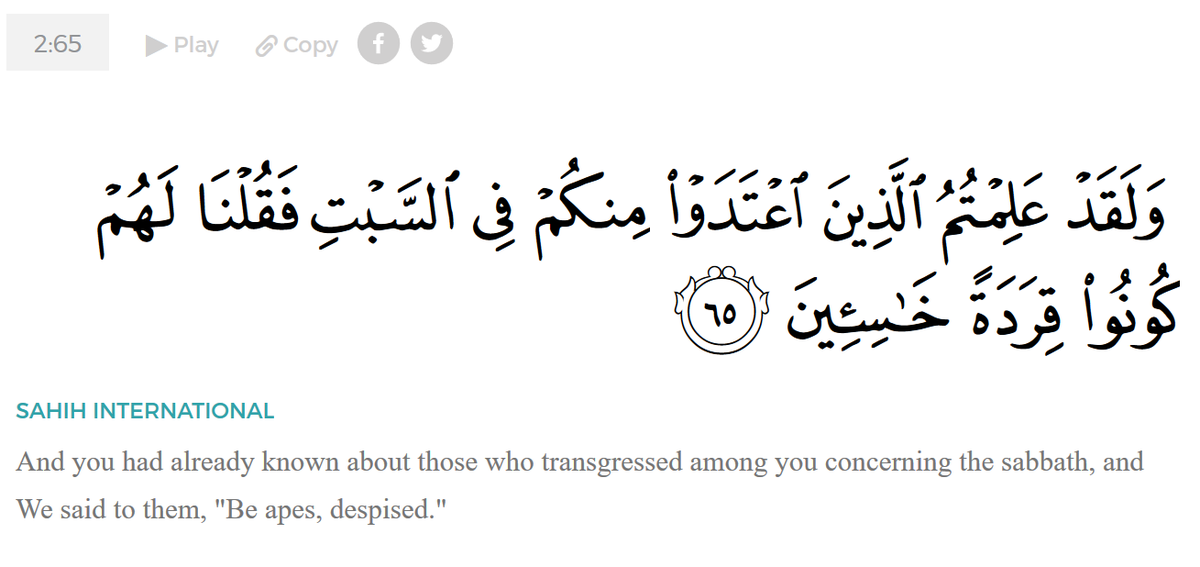
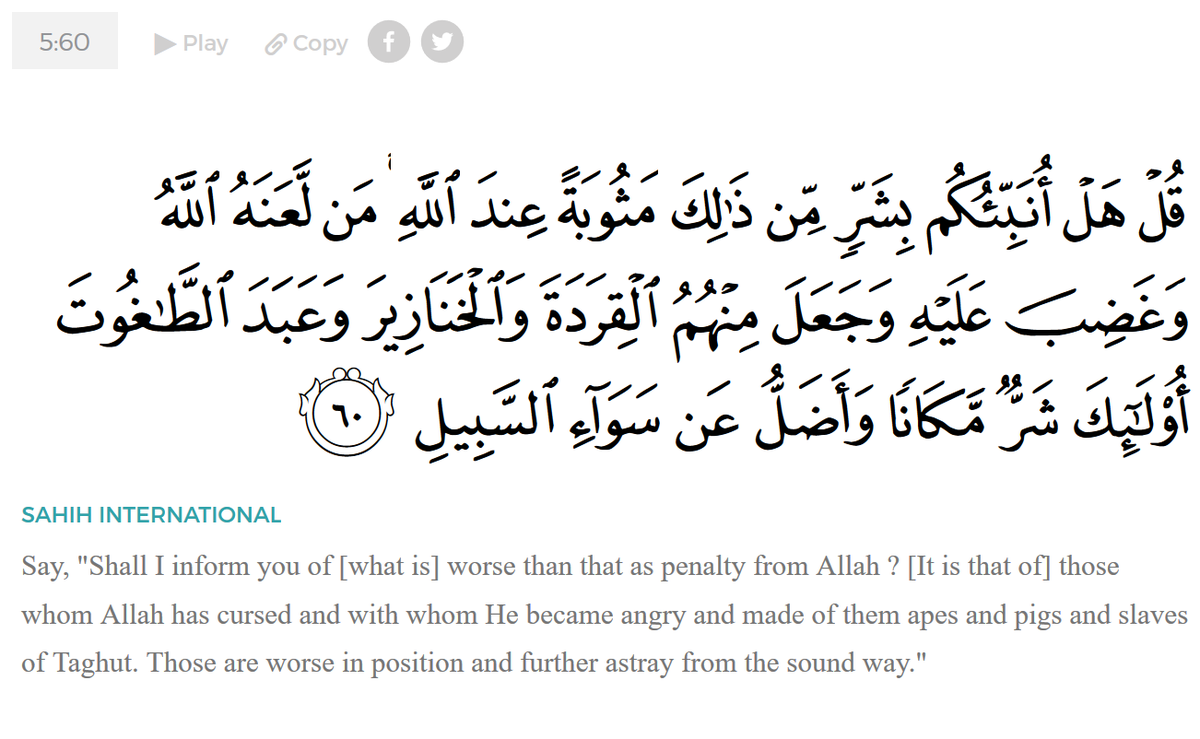
For more on this idea of maskh, I recommend Michael Cook's article, "Ibn Qutaybah and the Monkeys" jstor.org/stable/1596085
Many (strained) attempts to connect Darwinian ideas to the luminaries of classical and medieval Arabic literature derive from the fascinating story of the reception of Darwin's writings in the Arab world. On this subject, I strongly recommend:
google.com/books/edition/…
google.com/books/edition/…
More detailed treatment discussion:
https://twitter.com/tafsirdoctor/status/1314563684283420673
• • •
Missing some Tweet in this thread? You can try to
force a refresh








